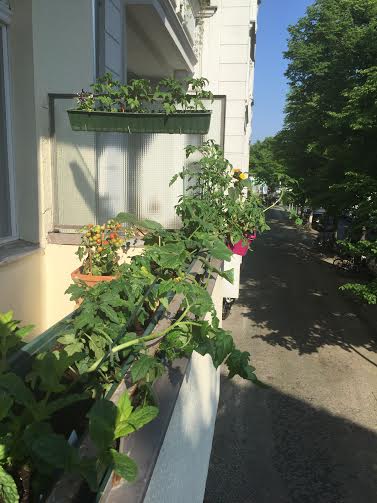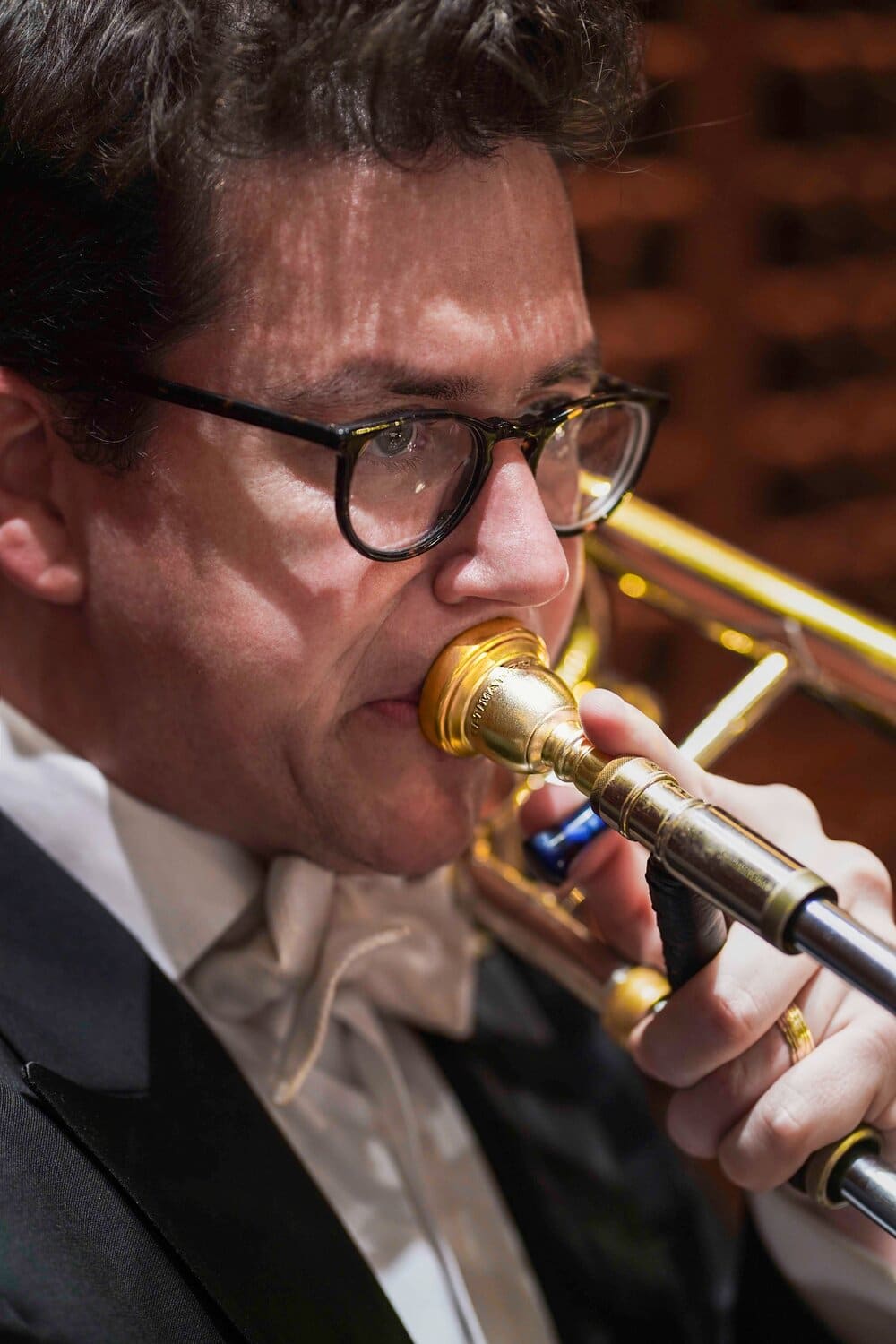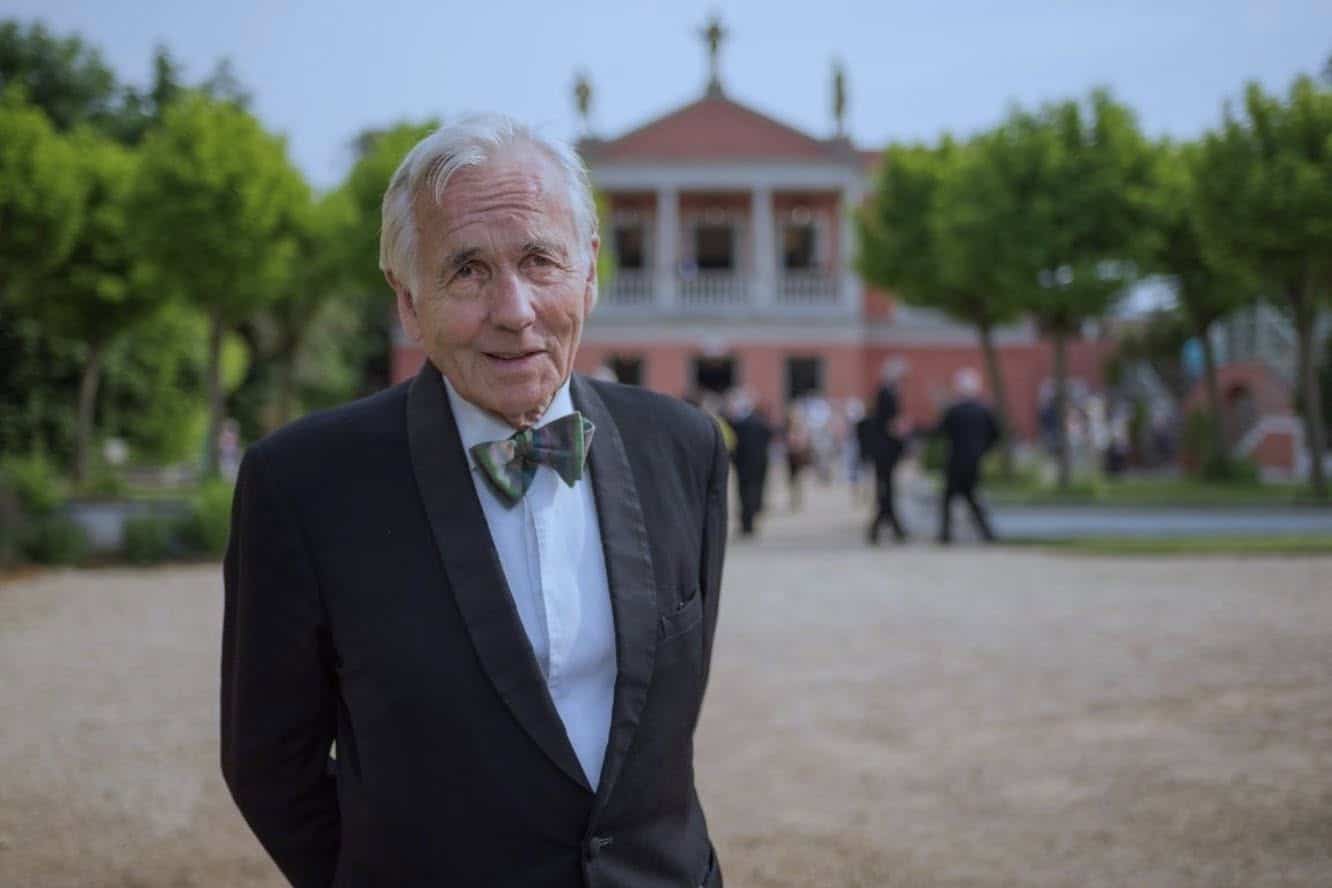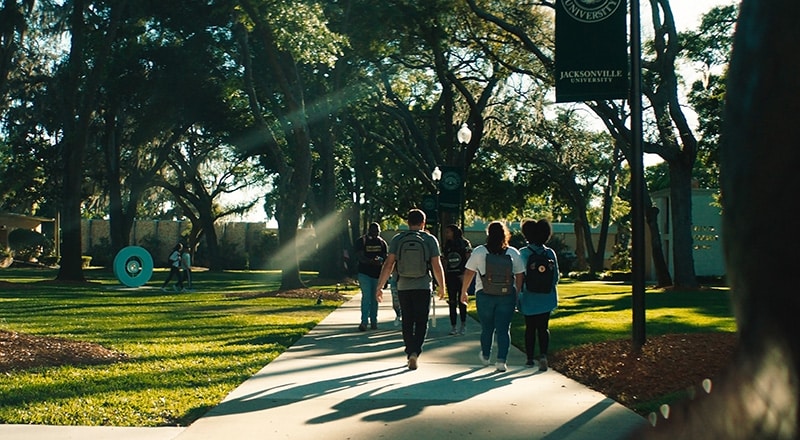When stage anxiety creeps up from behind
mainOur diarist Anthea Kreston is aspirating between quartet tours:

The end of our whirlwind Asia tour, with concerts in Hong Kong and Japan. The repertoire we played was substantial – Beethoven Op 18/3, Mozart Dissonance, Mendelssohn Op 44/1, Janacek “Kreutzer”, Schumann 1, Schumann 3, Shostakovich 7 and a Bach Chorale for encore (if we didn’t choose from the repertoire above). 7 works, 11 days, Korea, Hong Kong, Taiwan, and Japan. The stress on mind and body is extreme.
I have landed back into my life in Berlin. My girls are wrapping up their school year (Kindergarten and 2nd grade), so are my chamber groups at the Universität der Künste Berlin, where we are weeks away from final concerts. In two days, my Quartet heads back to the studio for our next round of recording for our upcoming Shostakovich CD for Erato/Warner with Tonmeister Christoph Franke. By this time next week, our next tour – Poland, Germany and Switzerland – will have begun.
I am catching my breath, walking in the woods and around the lake behind our home and doing the things which ground me – cooking, gardening, and hanging out with family and friends. When I wake up at 4:30 AM with jetlag, I just get up and do stuff (the girls will wake up in a couple of minutes, and I have root vegetables in the broiler, a pot of soup on the stove, breakfast ready, and have weeded, attacked and trained the huge patch of blackberries in our back yard. My arms (knock on wood) seem mainly mended from my double tendinitis. The best advice I got was to find a path which involved playing and healing simultaneously. Yoga (lots of it), cold/heat, ibuprofen, and swimming. I’m not all the way back yet, but I am close.
When I am exhausted (jetlag), overwhelmed (high-pressure concerts, lots of repertoire), in a new situation (new country, foods, schedules and customs), I have to be on the look-out for surprise attacks of stage anxiety. In general, I am a pretty cool character, and can lay down consistent, passionate and fairly perfect performance. I have a lot of natural energy and resilience, which I think may be genetic, or might have to do with my personal optimism problem. I had to figure out how to do this – to balance passion, engagement, consistency, and communication with a blanket of calm and a reserve of emergency energy in case a situation presented itself during a performance (an immediate injury or sickness, a colleague in distress, a strange environmental factor like lights, temperature or an iPad snafu).
When I walk out on stage, I am blinded by the light, by the oppressive feeling of hundreds of eyes and the constricting feeling of audience expectations. I try to make eye contact with members of the audience, but if the hall is too distant or lights too dark, this makes me feel even more on the spot. I am instantly in “fight or flight” mode, even though I do this all of the time, anticipate it, and try to rationalize myself out of it. It is simply something that happens on an animal level, and which I must gain control over. My breath feels cold, I can’t properly focus my eyes, and my brain is going simultaneously very fast and staying still. I plant my feet, get into position, and begin. The first movement of any concert is a time for me to calmly check in on my basic body functions one at a time, and to get each one under control.
There are four main things I try to get under my belt before the second movement. These are; realize I am who I am, something is going to go wrong, I know how to do this, and people are here to enjoy themselves. As these things become integrated, I slowly begin to come out of myself and relax into the experience. If, for some reason, things begin to go wrong, I lock it down, retreat into the Keep of the Castle, and perform with a surgical precision until all systems are up and running. I completely chill out for a half a page, then one-by-one I check my main systems, and when all is safe, I return to the Castle.
Oh – and also – I try to eat something really crunchy like a carrot or pretzel before I go on stage. Something that will stick in my teeth for a while. That way, if I feel like I want to do something other than what I am doing at that moment, I can just work at trying to get some carrots out of my molars. Works every time. Give it a try.






Comments